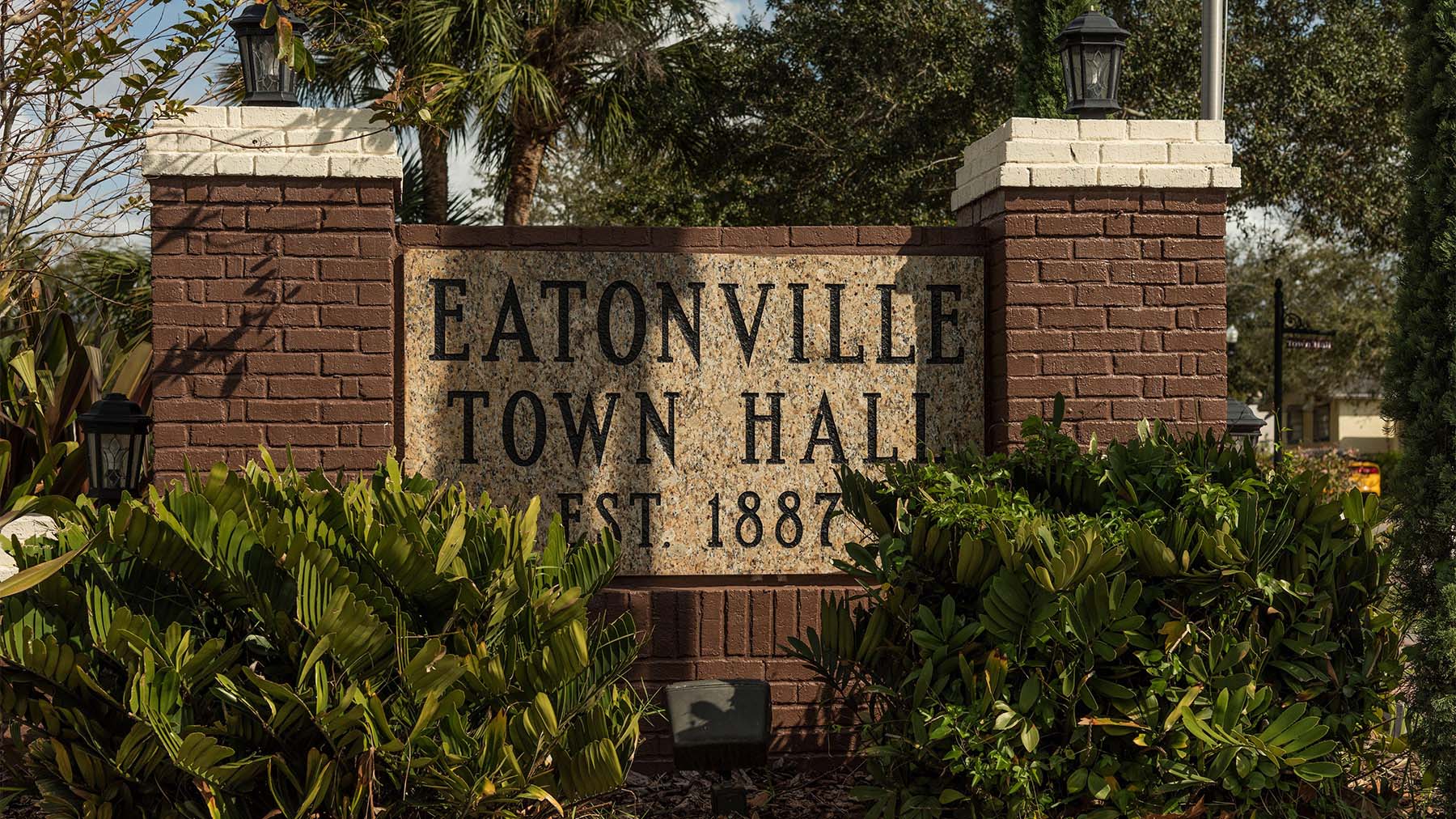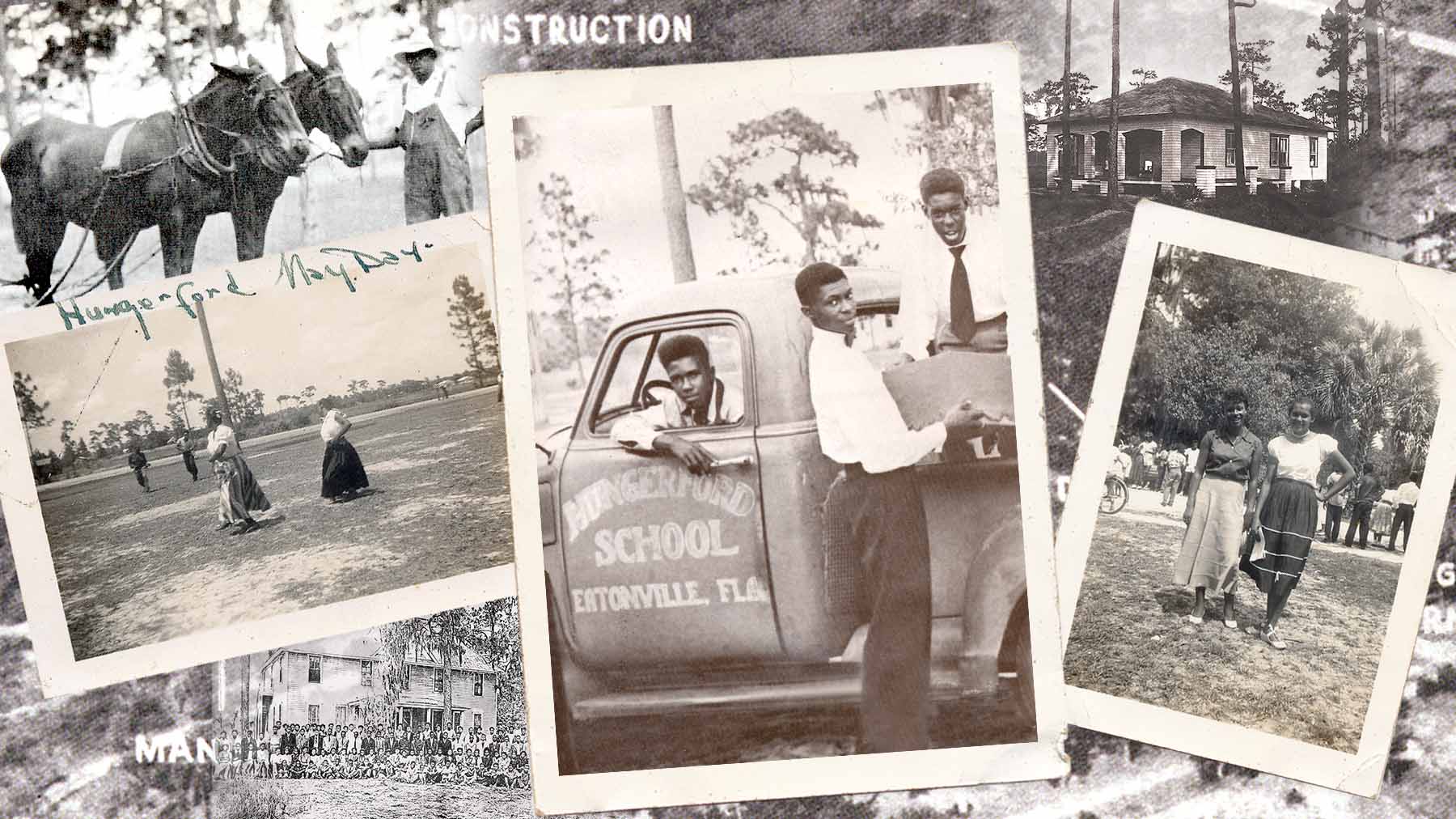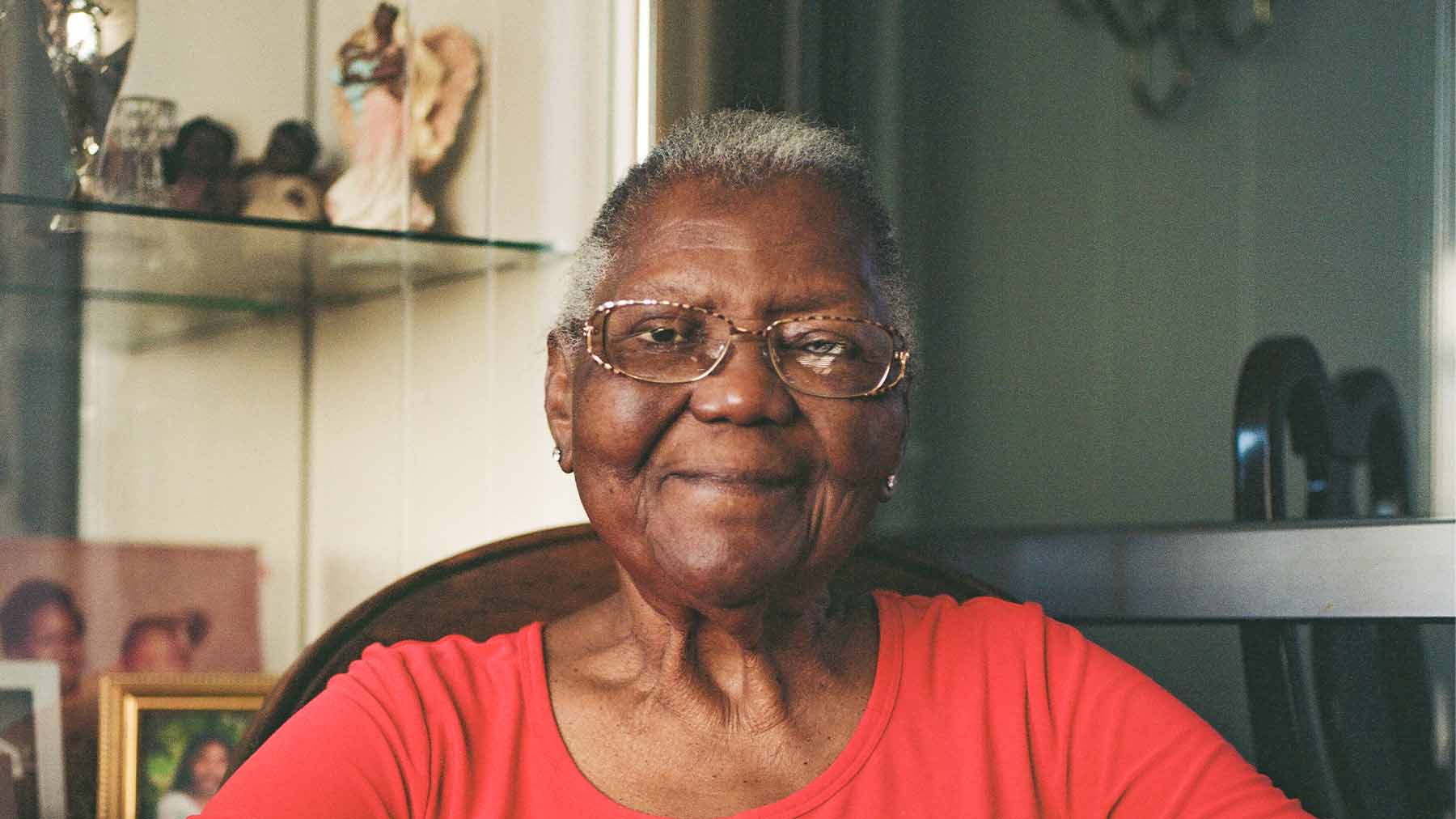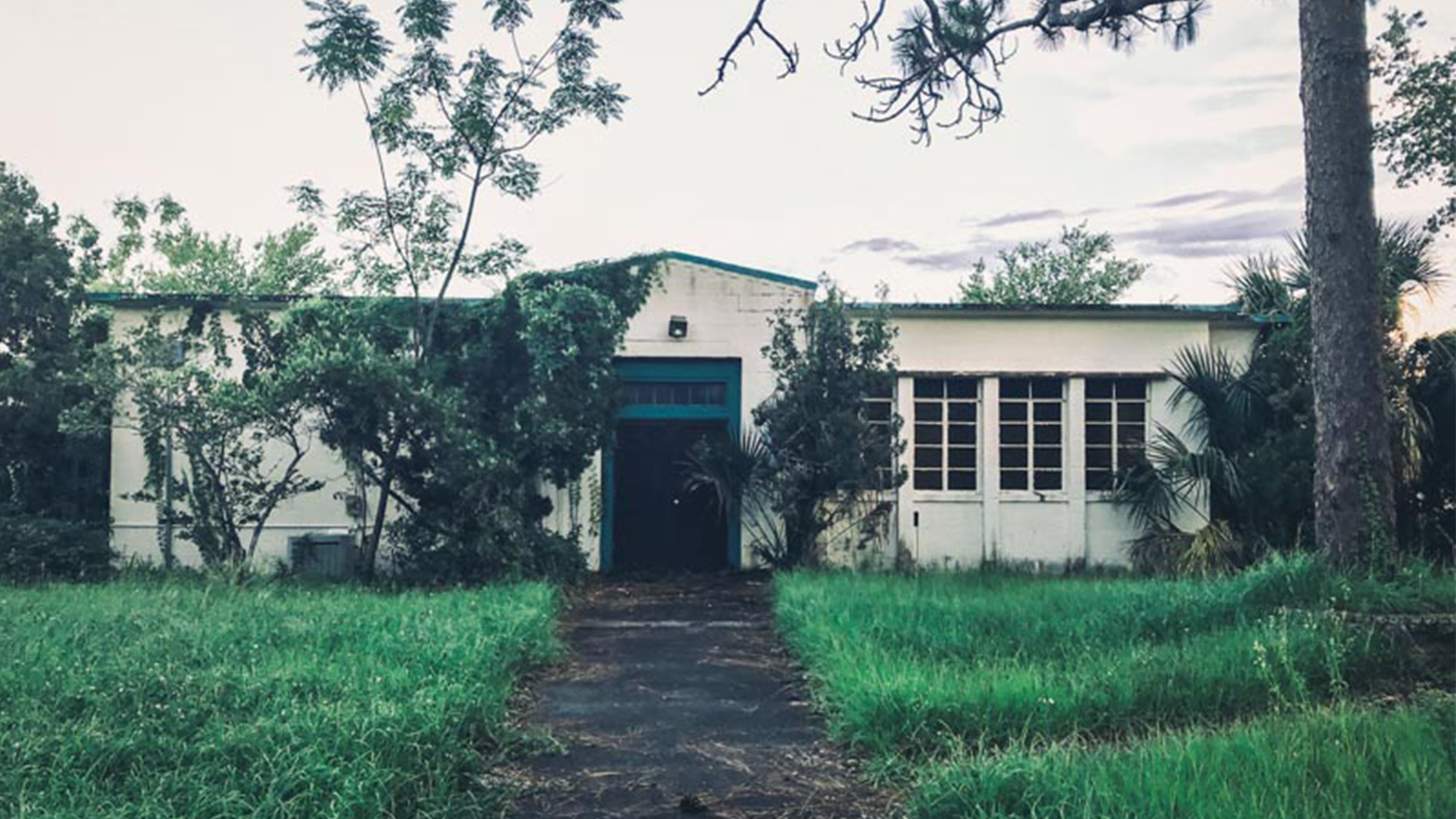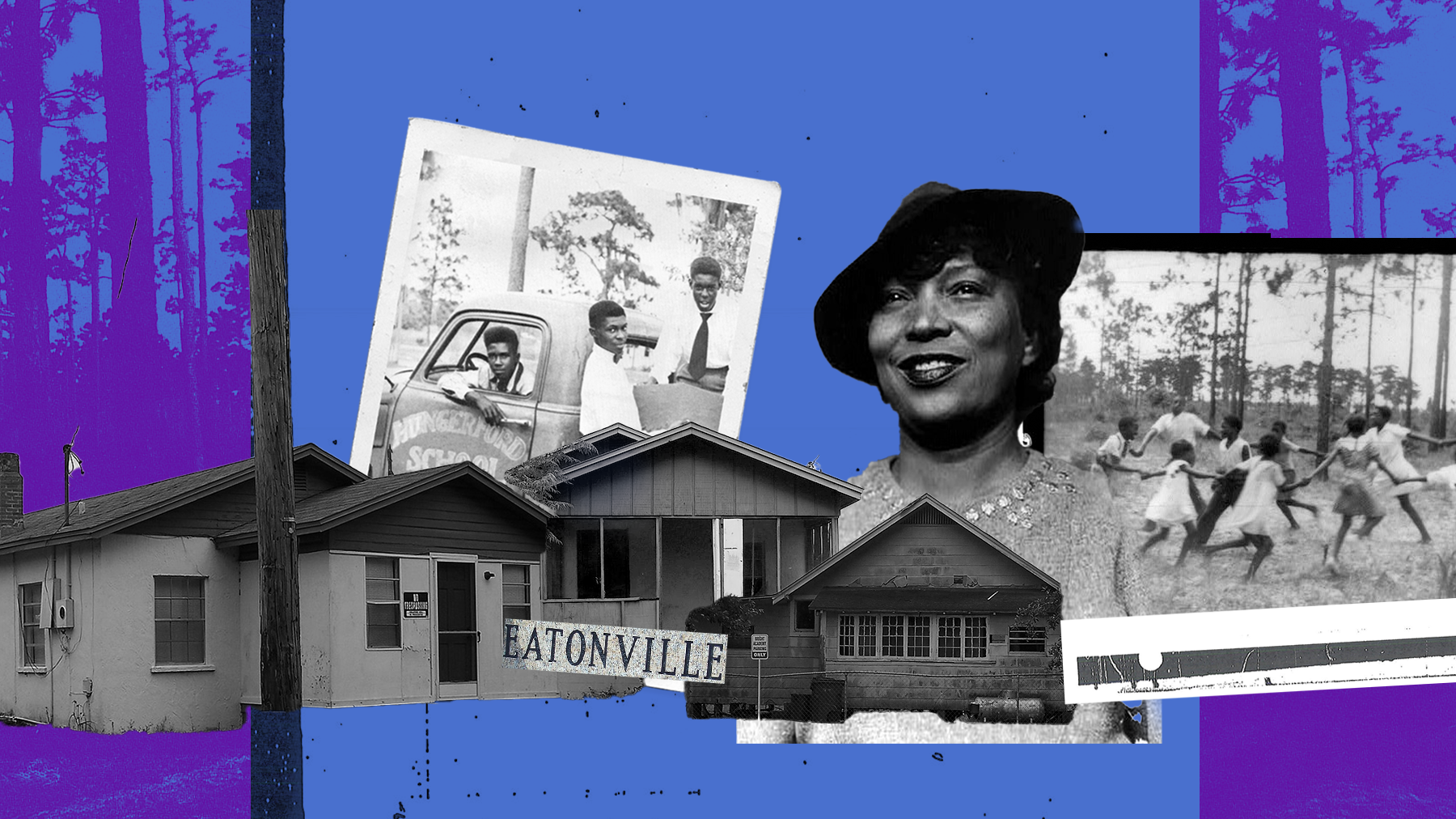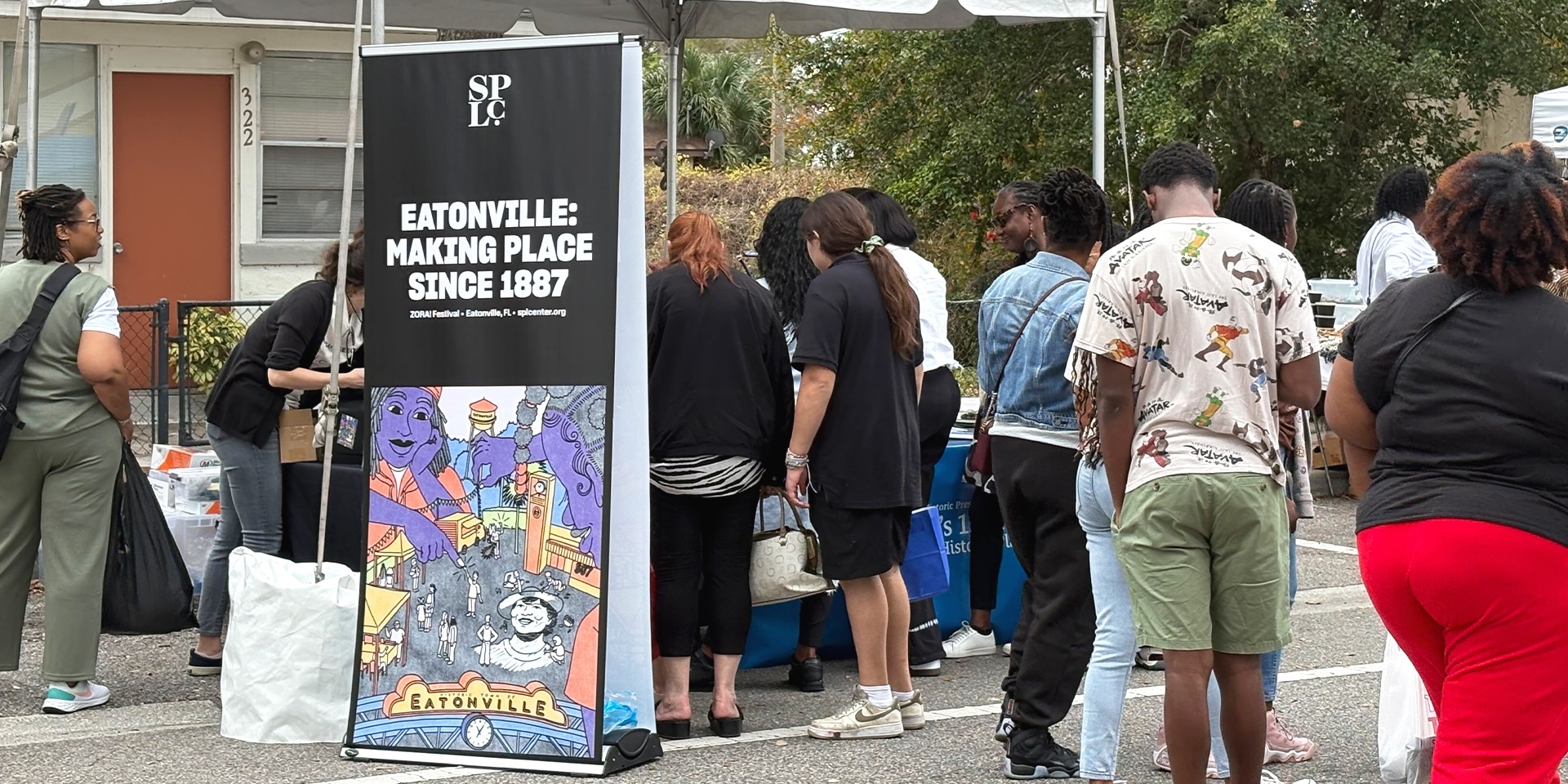Residents of one of the oldest historically Black towns in the U.S. won an important victory yesterday when the town council voted against a rezoning effort that would have cleared the way for a massive redevelopment of a historic site that could have erased the town’s rich Black heritage.
The town council of Eatonville, Florida, voted 4-1 against rezoning the historic Robert Hungerford Preparatory High School property, where a school for Black students was established with the assistance of Booker T. Washington and the leaders of Eatonville in 1897. The school, closed in 2009, was modeled on the famed Black educator’s Tuskegee Normal and Industrial Institute, which is now Tuskegee University, in Alabama.
The development would have allowed construction of 350 residential units consisting of multi-family and single-family homes, along with commercial, office and retail space.
At the council meeting, the Association to Preserve the Eatonville Community (P.E.C.) objected to the plan, noting that the development would dominate Eatonville, engulfing a substantial portion of the 1.6 square miles that make up the community, where 73% of residents are Black. It also threatened to erase Eatonville’s 135-year history and price residents out of the community.
“The P.E.C. is very pleased with the Eatonville Town Council’s decision not to rezone the historic Hungerford property,” said N.Y. Nathiri, P.E.C. executive director. “This decision by the town council is an important first step in a process for the community to plan for good development of the historic Robert Hungerford Preparatory High School property that will ensure economic prosperity for the Eatonville of today and for Eatonville’s posterity.”
Activists and citizens groups established websites opposing the sale of the site, with an online petition receiving more than 1,800 signatures.
“Today was a real win for democracy,” Malissa Williams, a senior staff attorney for the Southern Poverty Law Center, said after the vote. “We were thrilled to see so many Eatonville residents make their voices heard. Through the grassroots organizing of the P.E.C. and other organizations, this community came together in a major way and pushed back against what they perceived as an existential threat, forcing their elected leaders to reconsider the best use of this historic property.”
Williams added: “Now that this crucial vote is over, we will continue to support the P.E.C.’s efforts to return this sacred ground back to the people of Eatonville.”
While the council rejected the proposed zoning and changes to the town’s comprehensive plan needed for the development, the contract between Orange County Public Schools (OCPS), which owns the property, and the developers remains in place. Under that proposal, the development firm could still purchase the property from OCPS. However, the developer would have to modify its current proposal to conform to the town’s comprehensive plan.
Founded in 1887 during Reconstruction by newly freed people, Eatonville is one of the first all-Black towns in the U.S. to be incorporated by freedmen and was the home of renowned Harlem Renaissance writer Zora Neale Hurston. The P.E.C. envisions a renaissance of the school site that will center cultural, educational and tourism experiences that honor the history of the community and the legacy of the school.
Picture at top: The town council of Eatonville, Florida, has voted 4-1 against a proposal that would have allowed development of a residential-commercial complex on the Robert Hungerford Preparatory High School property. The Association to Preserve the Eatonville Community had objected to the proposal, saying that such a development would erase Eatonville’s 135-year history and price residents out of the community. (Credit: Stephen Vincent/Alamy Stock Photo)



